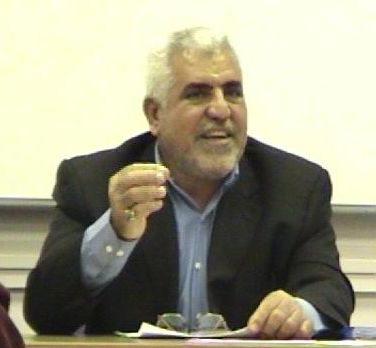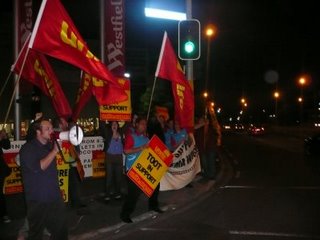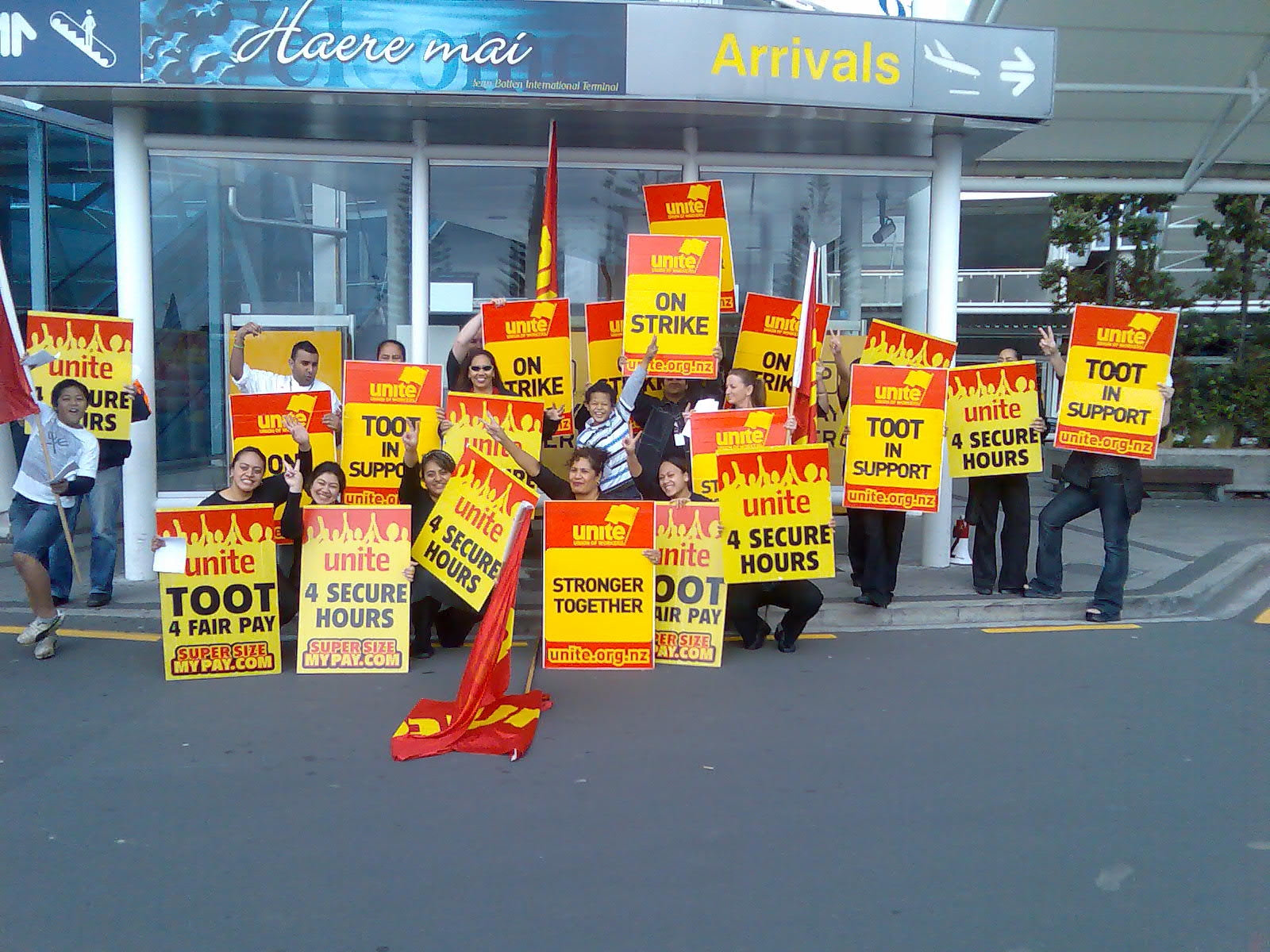– Don Franks
(wsws.org commentary on the economy: “spokesmen for the ruling elite have been quick to demand workers tighten their belts and lower their wage demands, despite the steep increase in the cost of living. Reserve Bank Governor Bollard first issued the call in early June, bluntly saying that any “over-exuberance” when it came to wage negotiations this year would meet with a response from the central bank, probably in the form of interest rate rises.”)
Prices are going up,
You know the drill
We’re going to be hungry and feel the chill
So
How do our societies experts
Advise those with blue collars on our opshop shirts?
Reserve Bank Governor Bollard says wage claims should not show “over exuberance”
Or they’d invite a swift kick in the pants
A bit of exuberance then, must be alright
A dose first thing each morning
And one more again at night
Myself, I’ve never had an exuberant wage claim
All the ones that I remember were pretty much the same
Small, infrequent and a lot less than I needed
Each time I struck, negotiated, asked or pleaded
Exuberant means “prolific”, “overflowing”, “luxuriant”,
“Abundant.”
The opposite to falling back or being made redundant
Ordinarily exuberant will do me very well, so thanks, I”ll take it
“Over exuberance” would make me sick, without the need to fake it.
So let us raise a cheer for Governor Bollard of the Bank!
And perish all suspicion that he isn’t being frank.



